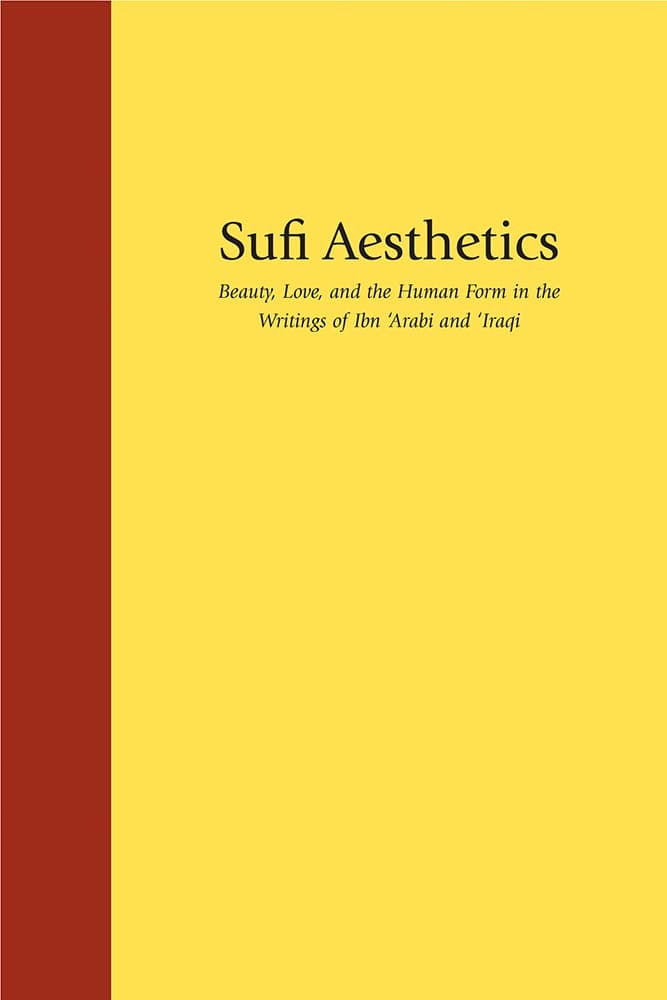An approach to understanding Muslim mystics as perceiving divine beauty and human beauty as one reality
Sufi Aesthetics argues that the interpretive keys to erotic Sufi poems and their medieval commentaries lie in understanding a unique perceptual experience. Using careful analysis of primary texts, Cyrus Ali Zargar explores the theoretical and poetic pronouncements of two major Muslim mystics, Muhyi al-Din ibn al-'Arabi (d. 1240) and Fakhr al-Din 'Iraqi (d. 1289), under the premise that behind any literary tradition exist organic aesthetic values. The complex assertions of these Sufis appear not as abstract theory, but as a way of seeing all things, including the sensory world.
In this study Zargar responds to a long-standing debate in the study of Sufi poetics over the use of erotic language to describe the divine. He argues that such language results from an altered perception of Muslim mystics in which divine beauty and human beauty are seen as one reality. The Sufi masters, Zargar asserts, shared an aesthetic vision quite different from those who have often studied them. Sufism's foremost theoretician, Ibn 'Arabi, is presented from a neglected perspective as a poet, aesthete, and lover of the human form. Ibn 'Arabi in fact proclaimed a view of human beauty markedly similar to that of many mystics from a Persian contemplative school of thought, the "School of Passionate Love," which would later find its epitome in 'Iraqi, one of Persian literature's most celebrated poet-saints. Many in this school advocated the controversial practice of gazing at beautiful human faces, a topic Zargar also discusses.
The examination of central Sufi texts in Persian and Arabic establishes that the profundity attributed to mystical encounters with the sensory and supersensory has far-reaching extensions in evaluations of that which is seen, that which is deemed beautiful, and that which is expressed as a result. Through this aesthetic approach, this comparative study overturns assumptions made not only about Sufism and classical Arabic and Persian poetry, but also other uses of erotic imagery in Muslim approaches to sexuality, the human body, and the paradise of the afterlife described in the Qur'an.
Cyrus Ali Zargar is an assistant professor of religion at Augustana College in Rock Island, Illinois, and the author of articles in the Journal of Arabic Literature and the Encyclopedia Iranica. He received his doctorate from the University of California, Berkeley.
"By clarifying the inherent aesthetic values of the Islamic mystical tradition, Zargar has done much to put the discussion of beauty and the unique perceptive experience of gnostics centre stage. This is a useful, scholarly and clearly written book, bringing together many disparate texts . . . in a fresh translation, and it will certainly appeal to anyone interested in Ibn 'Arabi's teachings."—Ibn 'Arabi Society Journal
"This is an excellent addition to the study of Sufi poetry in Arabic and Persian and a fine defense of the notion that such poetry needs to be situated within the conceptual universe of the poets. The author makes deft use of both primary and secondary sources to bring home his points, focusing on the most sophisticated of the Sufi theoreticians, Ibn 'Arabi and drawing support from several important figures in the Persian tradition, not least Iraqi."—William Chittick, Stony Brook University
